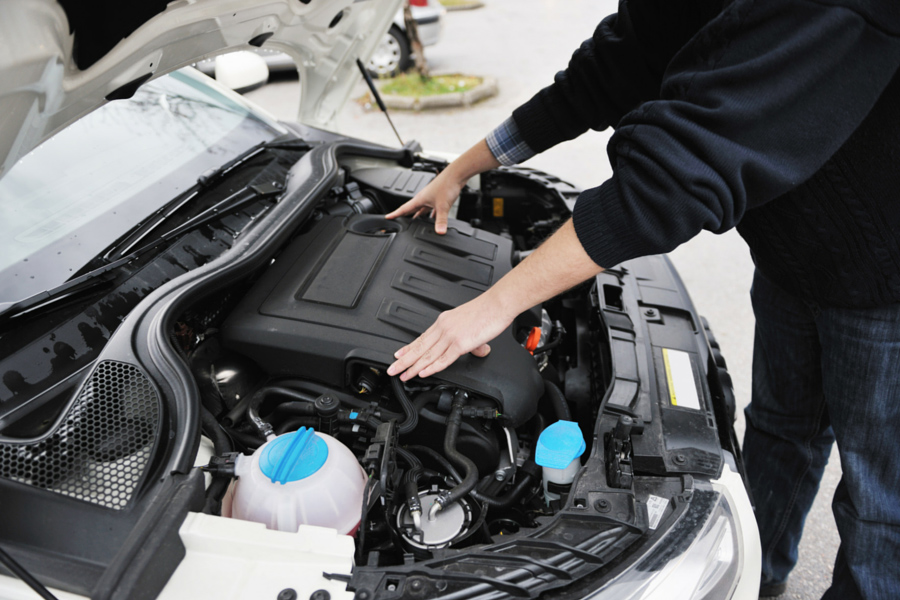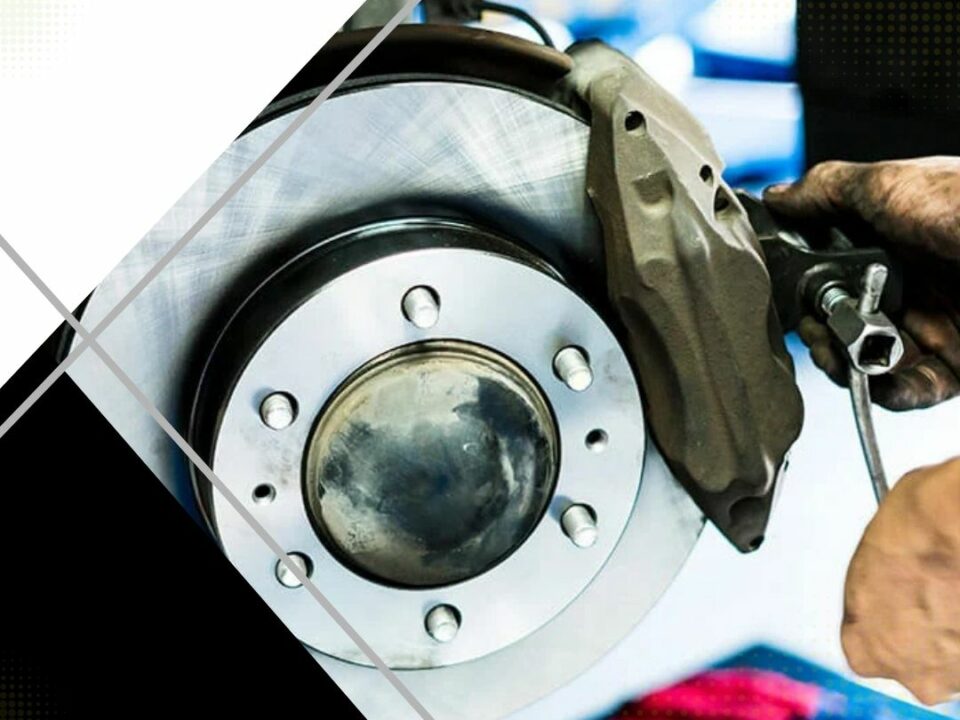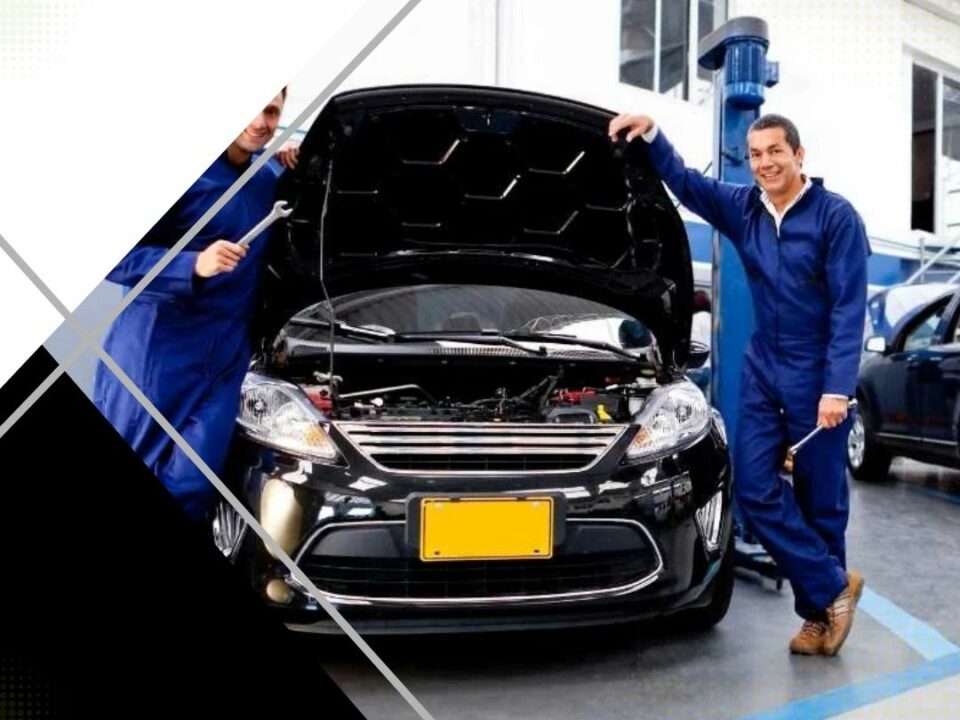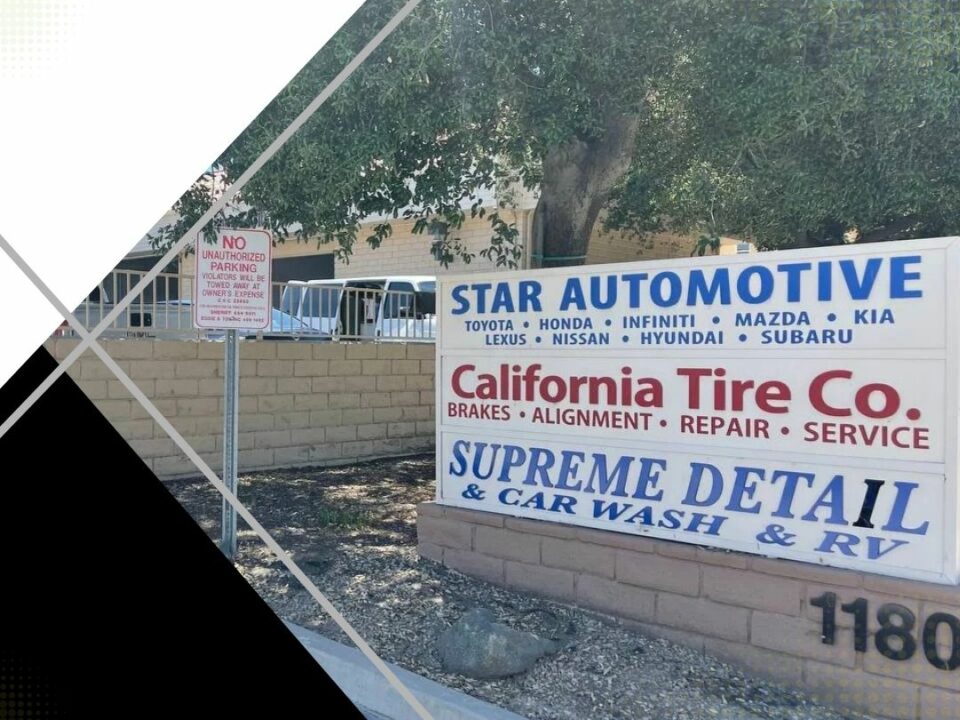The Ultimate Preventive Maintenance Checklist for Your Vehicle
September 16, 2024
Auto Repair Tips: How to Know When Your Brakes Need Replacement
October 4, 2024
Maintaining the optimal performance and longevity of your vehicle hinges on a disciplined approach to preventive maintenance. From the necessity of regular oil changes to the critical practice of checking tire pressure, each step is integral to ensuring safety and efficiency. Detailed attention to brake inspections can prevent accidents, while vigilant monitoring of fluid levels can avert catastrophic failures. Additionally, replacing air filters is crucial for maintaining engine performance. These five tips form the cornerstone of a reliable maintenance regimen, but understanding the deeper implications of each can significantly enhance your vehicle’s reliability and lifespan.
Regular Oil Changes
Regular oil changes are a fundamental aspect of vehicle maintenance that significantly contribute to engine longevity and performance. Engine oil acts as a crucial lubricant, reducing friction between the myriad moving parts within the engine. Over time, however, oil degrades and becomes contaminated with particulates, which can compromise engine efficiency and lead to increased wear and tear.
Incorporating regular oil changes into your vehicle maintenance routine ensures that the engine remains well-lubricated and free from harmful deposits. The recommended interval for oil changes varies depending on the vehicle manufacturer and the type of oil used, typically ranging from every 3,000 to 7,500 miles. Utilizing high-quality oil and filters is essential, as subpar products can negate the benefits of this preventive measure.
Moreover, frequent oil changes provide an opportunity to inspect other critical engine components, such as the oil filter and oil pan, for potential issues. This practice not only optimizes engine performance but also fosters a community of conscientious vehicle owners who prioritize longevity and reliability.
Check Tire Pressure
Maintaining optimal tire pressure is a critical aspect of vehicle safety and performance. Properly inflated tires ensure better fuel efficiency, improved handling, and longer tire life. Tire pressure should be checked at least once a month, and always before long trips. Use a reliable tire pressure gauge to measure the pressure when the tires are cold to obtain an accurate reading.
Each vehicle has a recommended tire pressure, typically found in the owner’s manual or on a sticker inside the driver’s door jamb. Deviating from this specification can lead to uneven tire wear, reduced traction, and increased risk of blowouts.
Under-inflated tires can cause excessive heat buildup, while over-inflated tires may lead to a harsher ride and increased vulnerability to road hazards.
Regularly monitoring tire pressure also fosters a sense of community and shared responsibility among vehicle owners. It demonstrates a commitment to road safety and environmental stewardship by reducing fuel consumption and minimizing tire disposal.
Inspect Brakes
Inspecting brakes is a crucial component of vehicle maintenance that directly impacts safety and performance. Regular brake inspections ensure that the braking system operates optimally, preventing potential accidents and costly repairs.
Begin by examining the brake pads for wear; pads should be replaced when the thickness is less than 3 millimeters. Uneven wear patterns may indicate issues with the calipers or rotors, necessitating further inspection.
Next, check the rotors for grooves or warping. Warped rotors can cause vibration and diminished braking efficiency. Measuring rotor thickness ensures it meets the manufacturer’s specifications.
Additionally, inspect brake lines and hoses for cracks, leaks, or corrosion, as these can compromise the integrity of the system.
Pay attention to the brake fluid level and its condition; although this ties into our next subtopic, at this stage, look only for any visible leaks which may indicate a pressing issue. Adequate fluid is essential for hydraulic brake systems to function correctly.
Monitor Fluid Levels
Ensuring optimal vehicle performance inevitably involves diligent monitoring of fluid levels. This practice is not just a routine task but a crucial preventive measure that can extend the life of your vehicle and enhance its efficiency.
Engine oil, coolant, transmission fluid, brake fluid, and power steering fluid each play pivotal roles in the seamless operation of your car. Neglecting any of these can lead to catastrophic failures and costly repairs.
For instance, engine oil lubricates moving parts, minimizing friction and wear. Regularly checking the oil level and quality ensures that your engine runs smoothly and efficiently.
Similarly, coolant prevents overheating by dissipating heat away from the engine. Low coolant levels can lead to engine overheating and serious damage.
Transmission fluid, essential for smooth gear shifts, should be checked to avoid transmission issues.
Brake fluid maintains the hydraulic pressure necessary for effective braking, while power steering fluid ensures effortless steering control. Each of these fluids should be inspected regularly, ideally monthly, and replenished or replaced as needed.
Being meticulous about fluid levels not only safeguards your vehicle’s health but also fosters a sense of community among those who prioritize automotive care.
Replace Air Filters
One critical yet often overlooked aspect of vehicle maintenance is the regular replacement of air filters. Air filters play a pivotal role in ensuring that your engine receives clean air, which is essential for efficient combustion. Over time, these filters accumulate dust, debris, and other contaminants, which can significantly impede airflow and reduce engine performance. Neglecting this simple yet vital component can lead to decreased fuel efficiency, increased emissions, and potential engine damage.
Incorporating air filter replacement into your routine maintenance schedule not only extends the life of your engine but also enhances overall vehicle performance. Typically, it is recommended to inspect and replace the air filter every 12,000 to 15,000 miles, though this can vary based on driving conditions and manufacturer specifications. Vehicles operating in particularly dusty or polluted environments may require more frequent changes.
For those committed to maintaining their vehicle’s optimal function, understanding and adhering to this maintenance practice fosters a sense of responsibility and community within the automotive culture. By prioritizing the health of your engine through regular air filter replacements, you join a network of informed drivers dedicated to sustaining peak vehicle performance and environmental stewardship.
The quintet of preventive maintenance measures—regular oil changes, tire pressure checks, brake inspections, fluid level monitoring, and air filter replacements—form the cornerstone of vehicular longevity and reliability. Like the meticulous strokes of a master craftsman, these practices ensure a symphony of engine efficiency, safety, and cost-effectiveness. Adherence to these principles not only safeguards the vehicle’s operational harmony but also fortifies its endurance against the ravages of time and wear.
Prev article



